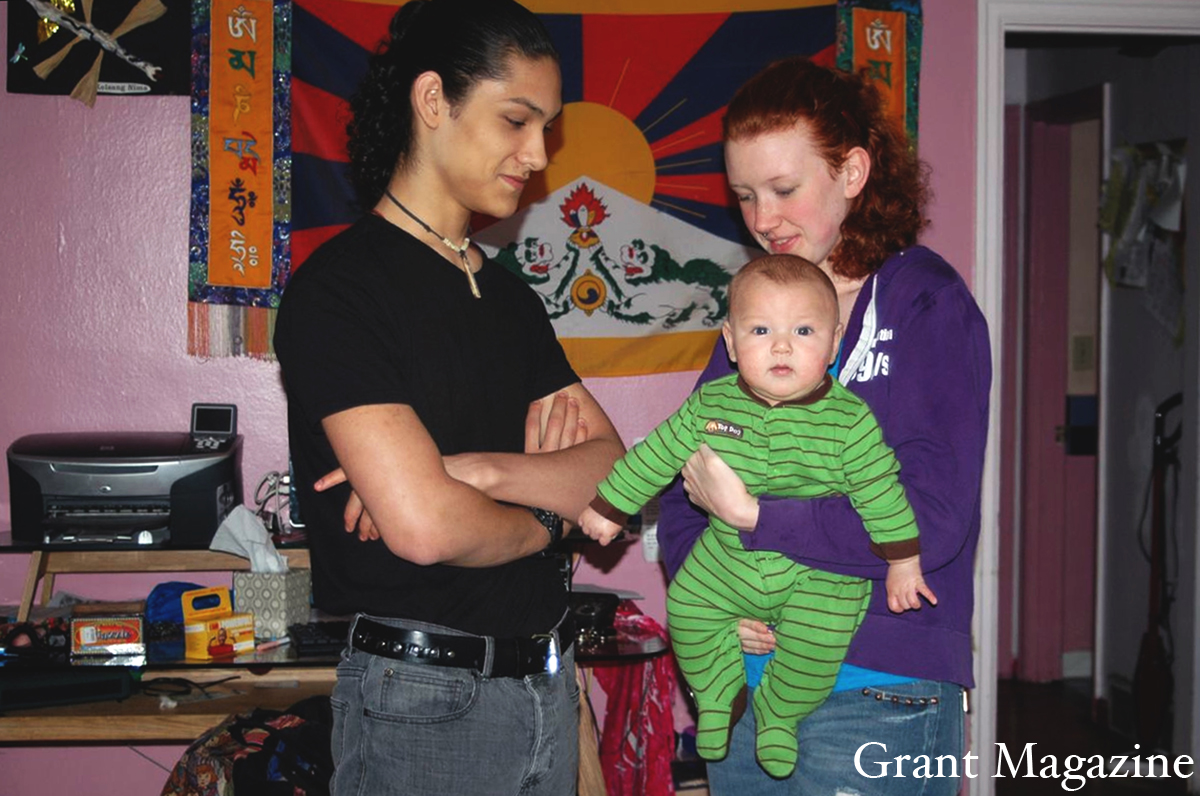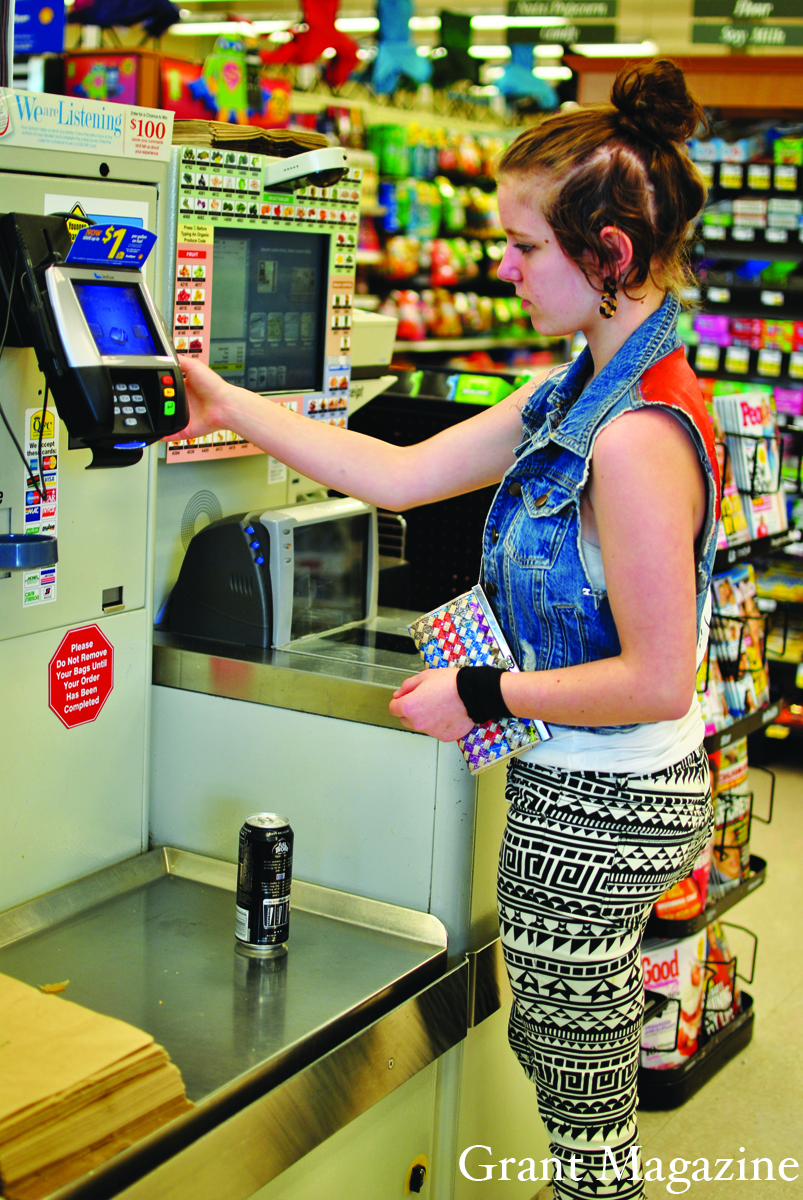
As a young teen, Katrina Rapp struggled with telling people how she felt. She didn’t realize it at the time, but it drew her to volunteer at Youthline, a teen crisis line. We sat down with Rapp, an 18-year-old Grant High School senior, to talk about her role and how the experience has changed her as a person.
What is Youthline?
Youthline is a smaller program in the non-profit “Lines for Life.” It’s a peer-to-peer resource that’s confidential and judgment free. We counsel teens and talk to teens on issues ranging from substance abuse to emotional and physical abuse to relationship problems to self harm to depression to suicide.
What kind of training did you go through?
I went through 25 hours of training, which mainly consisted of PowerPoint presentations and role-playing. One thing we did was put two chairs back to back and participate in role-play phone calls. We had guest speakers talk about LGBTQ teens’ issues and we also watched a lot of informational videos on drugs and alcohol.
What have you learned?
I’ve learned so much about not only what people are capable of doing to one another but also a lot about people’s strengths. Overall, I’ve really been inspired by a lot of my callers because they’re dealing with issues that are so destructive and painful. Yet they still have the motivation to go on with their lives and create something better and something healthy.
How has the motivation you’ve witnessed in these teens affected you?
I’ve always had a lot of trouble communicating my feelings to people. Even with menial little things, I have trouble telling people how I feel. After working on this crisis line and seeing these kids reach out with problems that are so much bigger, it made me realize how important it is to communicate with my friends and family. Helping the teens has made me realize how important it is to just get your feelings out.
Is that how you connect Youthline to your life?
Yes, Youthline has definitely made me understand communication in my life. When teens have a hard time telling me how they feel, it has made me understand people a lot more and not be so quick to judge people. Everyone might have something going on at home. It can affect how they lead their lives.
So this is a national line?
We receive calls nationally but we operate out of Portland.
Are there other call centers around the United States?
Yes. There are other organizations around the country and in Oregon. What makes us unique is that we’re one of two in Oregon that has a texting line. We have texting, calling, chats and e-mail.
How is communicating by texts, chats and e-mail different from having a conversation over the phone?
I feel like it’s a lot harder to establish a relationship with the teens. They’re a lot less vulnerable behind the keyboard. It doesn’t really force them to be completely honest or say how they’re truly feeling. It’s a subdued version of their emotions.
So phone calls are the most rewarding experience?
Yes, but also I leave every night feeling really good about what I’m doing. There is rarely a call where I leave feeling bad. It feels amazing to know that these teens are going through something really tough but we can lessen that burden. I always look forward to going to my shift because it’s something new each day.
Check out the rest of our Time With interviews for more brief snapshots of Grant community members.




